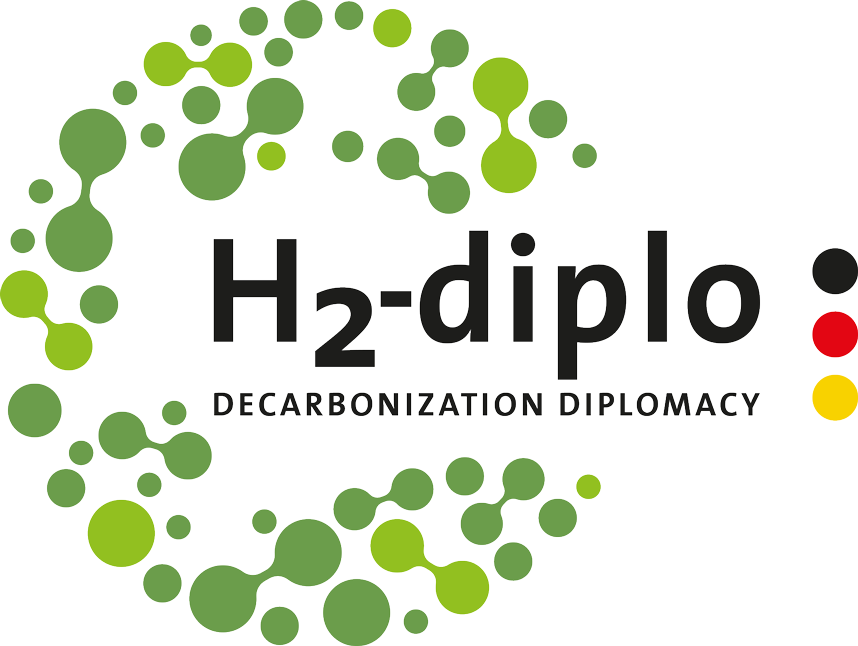Held at the offices of ILF Engineering in Olaya Tower B, the event brought together a diverse panel of experts to candidly examine the challenges and opportunities facing the Saudi labour market. The participants engaged in an open dialogue on topics ranging from the impact of Saudi Vision 2030 to the specific skill sets needed to support the diversification of the kingdom’s economy.
The discussion was kicked off by Dr. Mehmet Soytas of the Saudi National Labour Observatory, who provided an overview of the organization’s work in monitoring and analysing labour market trends. This was followed by a presentation from Cian Mulligan, Research Lead at KAPSARC, who shared the latest insights on the impact of the ongoing energy transition on job creation in Saudi Arabia and the broader Gulf region.
“The interplay between academia and industry is central in jointly designing a framework for sustainable jobs and resilient industries to flourish,” said Quentin Blommaert, Head of the Hydrogen Diplomacy Office at GIZ’s H2-diplo program.
Participants delved into the specific skills and competencies needed to support the growth of emerging sectors, such as renewables, hydrogen, and mining. The discussion also touched on the role of education and training in equipping the Saudi workforce for these evolving job requirements.
By the end of the evening, the group had identified key challenges and potential policy solutions to address the skills gap and support the country’s industrial transformation.

